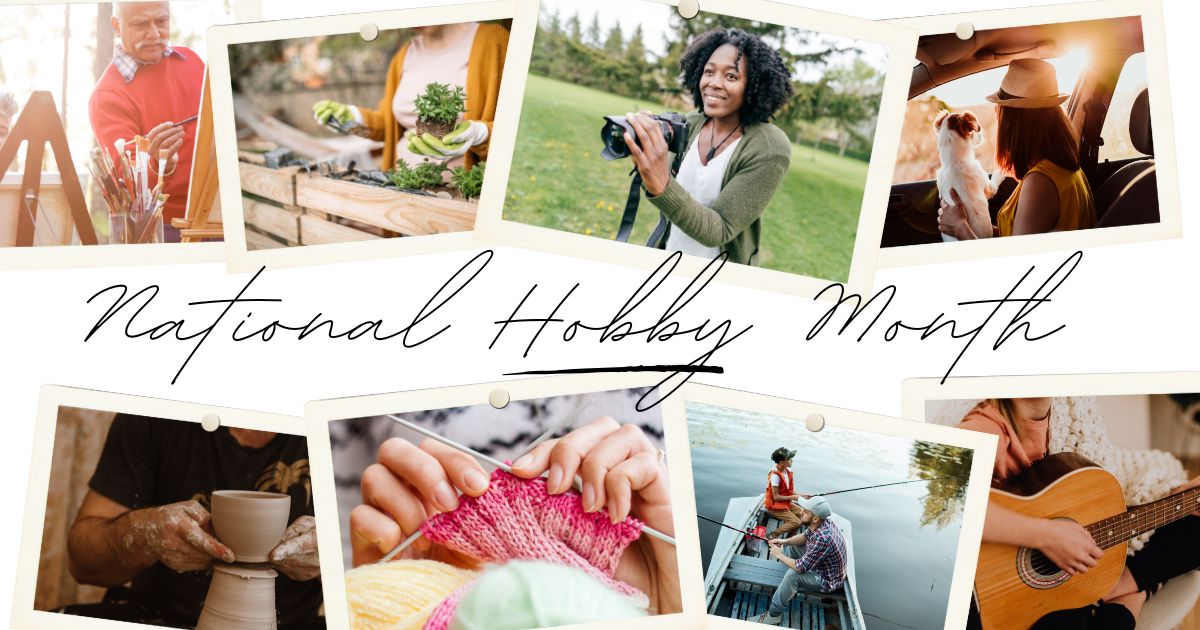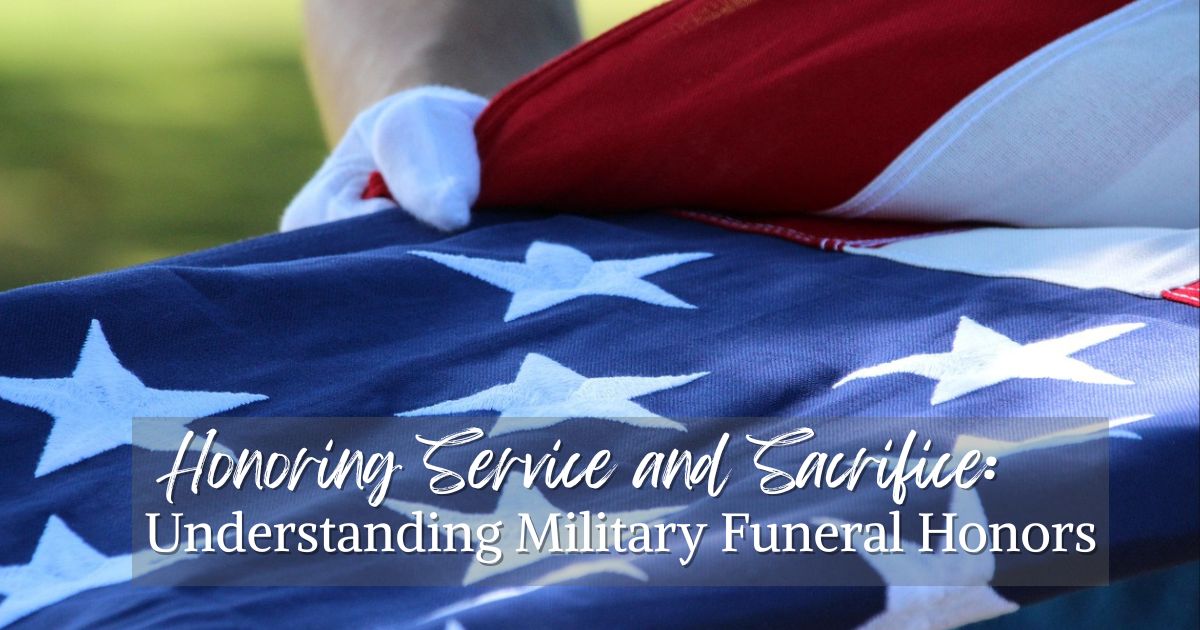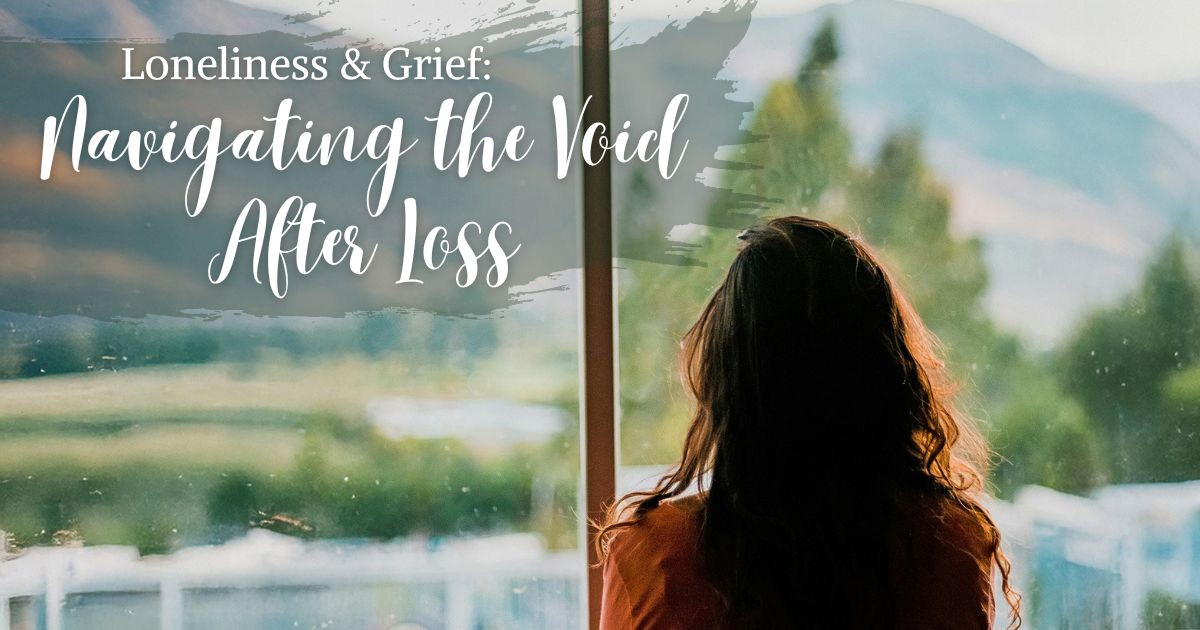
Grief is a deeply personal journey, marked by a myriad of emotions, from sadness and anger to confusion and loneliness. It's a path with no right or wrong way to traverse; everyone's experience is unique. One of the most common misconceptions about grief is that it requires constant, visible mourning or a complete disconnection from joy and engagement. However, the truth is, finding moments of relief, joy, or absorption in activities is not just okay; it's often a critical part of the healing process. Today we will cover the role that hobbies play in grieving. Distraction from Pain: In the initial raw stages of grief, hobbies can serve as a valuable distraction, offering temporary reprieve from the pain. Engaging in an activity you enjoy or learning something new can provide moments of relief and a sense of normalcy amidst the turmoil. Expression and Processing: Creative hobbies particularly offer an outlet for expression and emotional processing. Whether it's painting, writing, music, or crafts, creating something can help articulate feelings that might be hard to express in words, aiding in the emotional journey through grief. Identity and Self-Discovery: After a loss, you might feel like a part of you is missing or that you've lost a sense of self. Engaging in hobbies can be a way to rediscover your interests, talents, and passions, which can be an empowering aspect of redefining your identity post-loss. Connection and Community: Hobbies often connect you with others, whether through clubs, classes, or online communities. This connection can be particularly healing, reducing feelings of isolation and providing support from those who share similar interests. Choosing a hobby while grieving is deeply personal. Some may find comfort in hobbies they shared with their loved one, feeling a sense of closeness in the activity. Others might prefer something entirely new, marking a fresh start. Here are some suggestions for selecting a hobby: Reflect on Interests: Think back to activities you've enjoyed in the past or something you've always wanted to try. Your hobby doesn't have to be elaborate; it can be as simple as gardening, cooking, or bird-watching. Start Small: Grief can be overwhelming, and it's important to not put too much pressure on yourself. Start with small, manageable activities that don't require extensive focus or commitment. Consider Flexibility: Activities that allow you to set your own pace, such as drawing, reading, or hiking, can be especially beneficial. They enable you to engage according to your energy and emotional state. Seek Social Hobbies: If you feel isolated, consider hobbies that involve others, like joining a book club, taking a class, or volunteering. These activities can provide a sense of community and shared experience. One of the most significant barriers to engaging in hobbies during grief is the feeling of guilt. Some may feel that enjoying themselves is a betrayal to the memory of their loved one or a sign that they aren't grieving "properly." It's crucial to understand that finding moments of enjoyment or engagement does not diminish the love you had for the person you lost. Joy and grief can coexist, and it's perfectly okay—and healthy—to allow yourself moments of respite and happiness. As we observe National Hobby Month, remember that embracing new hobbies and interests isn't about ignoring your grief or moving on from your loved one. It's about allowing yourself to heal, to find new facets of your identity, and to experience moments of joy even amidst sorrow. Grief is a complex, non-linear journey, and engaging in hobbies can be a valuable tool in navigating this path.

.png)



